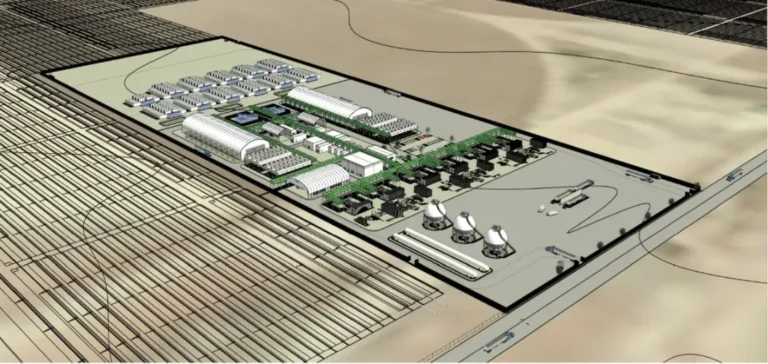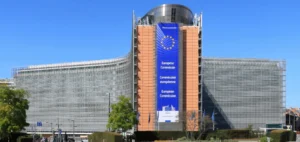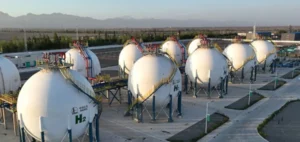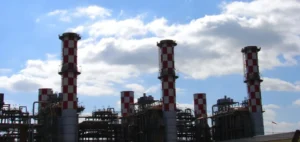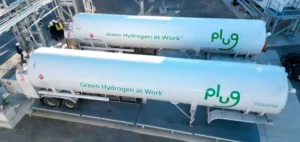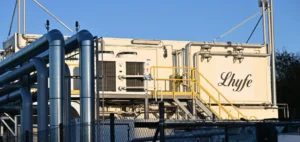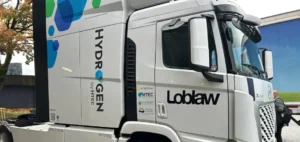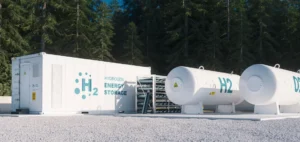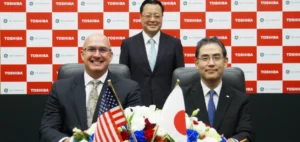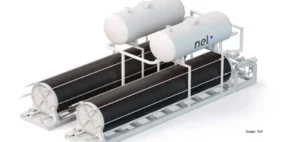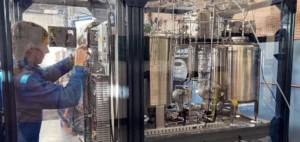The Californian city of Fresno has just announced its membership in First Public Hydrogen (FPH2), the first public authority dedicated to hydrogen energy in the United States, according to a statement released by the PRNewswire news agency. This new partnership aims to strengthen local hydrogen supply infrastructure, essential for operating municipal fleets, notably the public buses of Fresno Area Express (FAX). Fresno intends thereby to progressively expand its fleet of Fuel Cell Electric Buses (FCEBs). This strategic partnership was made possible thanks to existing links between Fresno and the California Alliance for Renewable Clean Hydrogen Energy System (ARCHES).
Infrastructure adapted to Fresno’s new requirements
Fresno’s participation in the FPH2 programme aims to develop the technical and logistical capabilities necessary for the deployment of hydrogen-powered vehicles. The increase in hydrogen buses indeed requires a proportional growth in fuel supply capacity and associated equipment. Through FPH2, Fresno will benefit from centralised procurement tools and a collaborative platform designed for technical exchanges between public agencies and private suppliers.
The municipality will also leverage the accumulated experience of other member communities to facilitate the operational integration of new equipment and energy technologies. According to Jerry Dyer, Mayor of Fresno, this partnership is strategic in providing “a competitive advantage” to the city in public transport.
An economic opportunity for central California
According to FPH2 Chairman R. Rex Parris, Fresno’s integration into the organisation marks a significant turning point in the development of California’s hydrogen network. “Fresno’s participation will further connect inland communities to California’s hydrogen momentum,” he stated in a press release. According to him, this expansion will also bolster the local economy by attracting long-term investments in regional energy infrastructure.
FPH2 actively encourages other local public agencies to join its network without any purchase obligation or initial financial commitment. The structure, which involves no direct cost for members, aims to simplify access to hydrogen in California for administrations, public transport operators, and infrastructure managers. Future members will be able to participate in pilot projects in various hydrogen application fields, including municipal fleets and emergency backup energy systems.


